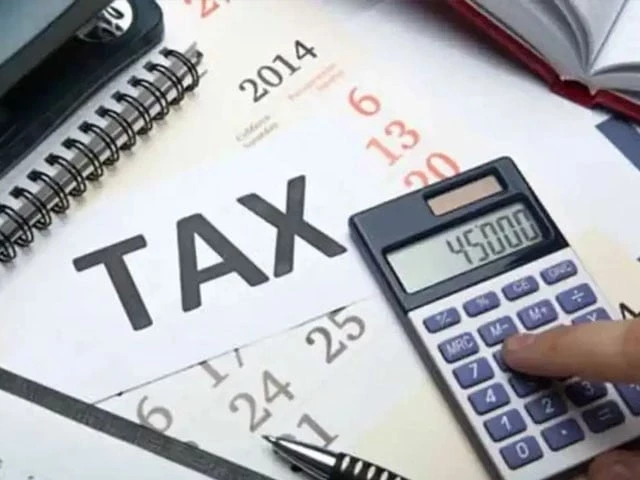No country can tax itself into prosperity
Tax reform should scrap incentive to hide income, generate revenue efficiently

While all taxes are bad, some taxes are worse than others. It's important to distinguish among various types of items on which the government imposes taxes.
First, we have income or value-added taxes, which correspond to taxes on the returns to factors of production such as capital and labour. Second, we have turnover or gross receipt taxes, which correspond to the volume of total revenues a business has irrespective of that business's purchases or pass-through expenses. Finally, we have wealth taxes, which year after year tax the same item irrespective of the volume of business that item generates or its income.
In general, gross receipts/turnover taxes are worse than income/value-added taxes and far more damaging per cent for per cent are wealth taxes. Income and value-added taxes are the most common types of tax governments impose in order to raise revenues so that it performs its requisite tasks.
Income tax is based on production whereas the value-added tax is based on consumption. These two types of taxation must adhere to six primary factors: fairness, simplicity, transparency, completeness, efficiency and stability. They should be low rate and broad-based.
A broad-based low flat-rate tax on income and value added will significantly provide people the least opportunity to avoid and evade paying taxes. This will also result in the reduction in associated costs of monitoring these activities to the tax collector and reduce compliance costs for the taxpayer.
From the day, the flat-rate tax is enacted and beyond, the government would not only get more revenues, but the revenue stream would be stable and predictable from year to year.
On the other hand, turnover or gross receipt taxes are far more damaging than the income/value-added taxes. Turnover taxes punish compliant, low-profit or loss-making firms and individuals; deter domestic/foreign investment and violate the six primary factors as previously mentioned.
For loss-making companies, the entire minimum tax payment would come directly from their capital; there is no rationale behind this unfair tax.
Tariffs, being a gross receipt tax, are taxes on traded products. Tariffs just like other taxes reduce output, income and employment; therefore reduce both imports and exports and will not raise much in net revenue for the government with very little change in trade balance.
Wealth taxes by far are the most damaging in comparison to income/value-added and turnover/gross receipt taxes. Wealth taxes are immoral and unjust. People don't save and invest to go bankrupt. Hard-earned wealth created by a generation or generations should not be seen as a vice but rather as a virtue.
Wealth taxes like inheritance (death) taxes have historically shown to generate very little in government revenues in terms of tax-to-GDP ratio and have shown a very good reason for capital flight.
Besides the types of items on which the government imposes taxes, the mode of taxation is ever more important and there are many. Governments over the years have found insidious ways and means to collect as much revenues as possible, but to no avail.
These modes of taxes act as a "wedge" and apply to every segment of the economy – households and businesses. To name a few: withholding taxes, minimum advance taxes, capital gains taxes, dividend taxes, presumptive taxes, super taxes, capital value taxes, excise duty, additional and regulatory duties; a whole wide range of levies and the list goes on and on. Yikes!
Taxes are a negative incentive, causing people not to report taxable income through tax evasion, tax avoidance, moving locations, etc. What is needed is for people, businesses and the government to focus exclusively on the country's path to prosperity, not on how to avoid taxes, regulations and misrepresent taxable transactions.
Tax revenues needed to run the government should be collected via a system that does the least damage to the overall economy. Tax reform should essentially eliminate the incentive for one to shelter income and generate tax revenue efficiently.
Governments should eliminate all direct and indirect taxes and rely exclusively on income (production) and value-added (consumption) taxes plus specific excise taxes. Those taxes that are chosen to remain should have low rates on broad bases. Exemptions, deductions, exclusions, credits and write-offs should be kept to the bare minimum.
Low tax rates provide the least incentive for people and businesses to avoid, evade or otherwise not report or under-report their taxable income. Unreasonably high tax rates, quixotic tax enforcement, corrupt implementation of rules and regulations and self-serving trade interventions incentivise expensive tax-sheltering policies and counter-productive behaviour from individuals and businesses.
The lesson to be learnt here is that "no country has ever taxed itself into prosperity"!
The writer is a philanthropist and an economist based in Belgium




















COMMENTS
Comments are moderated and generally will be posted if they are on-topic and not abusive.
For more information, please see our Comments FAQ